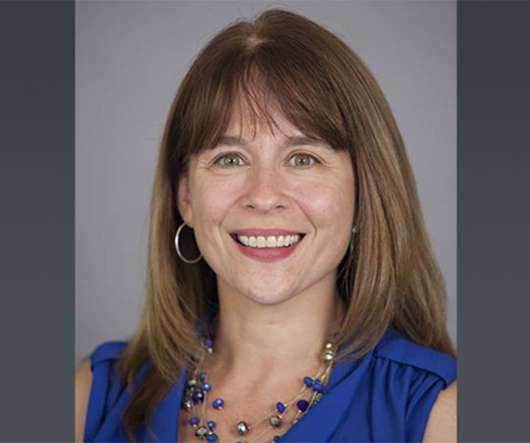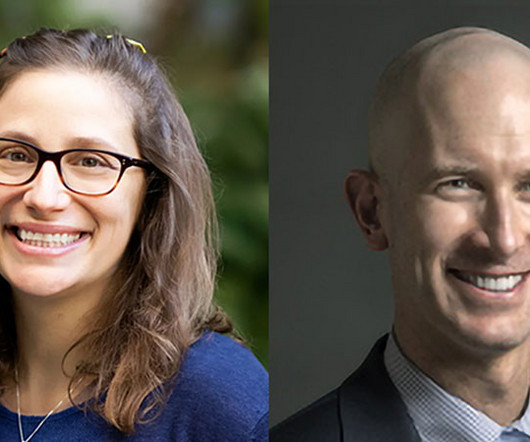Screening for Dementia: A Podcast with Anna Chodos, Joseph Gaugler and Soo Borson
GeriPal
JULY 19, 2024
What should we use to screen individuals? So people who have Medicare mostly fee for service in a dementia diagnosis should have access to a care, essentially a care navigator for the duration of their condition, or at least the duration of the program. Who should get it if anyone? What happens after they test positive?





















Let's personalize your content